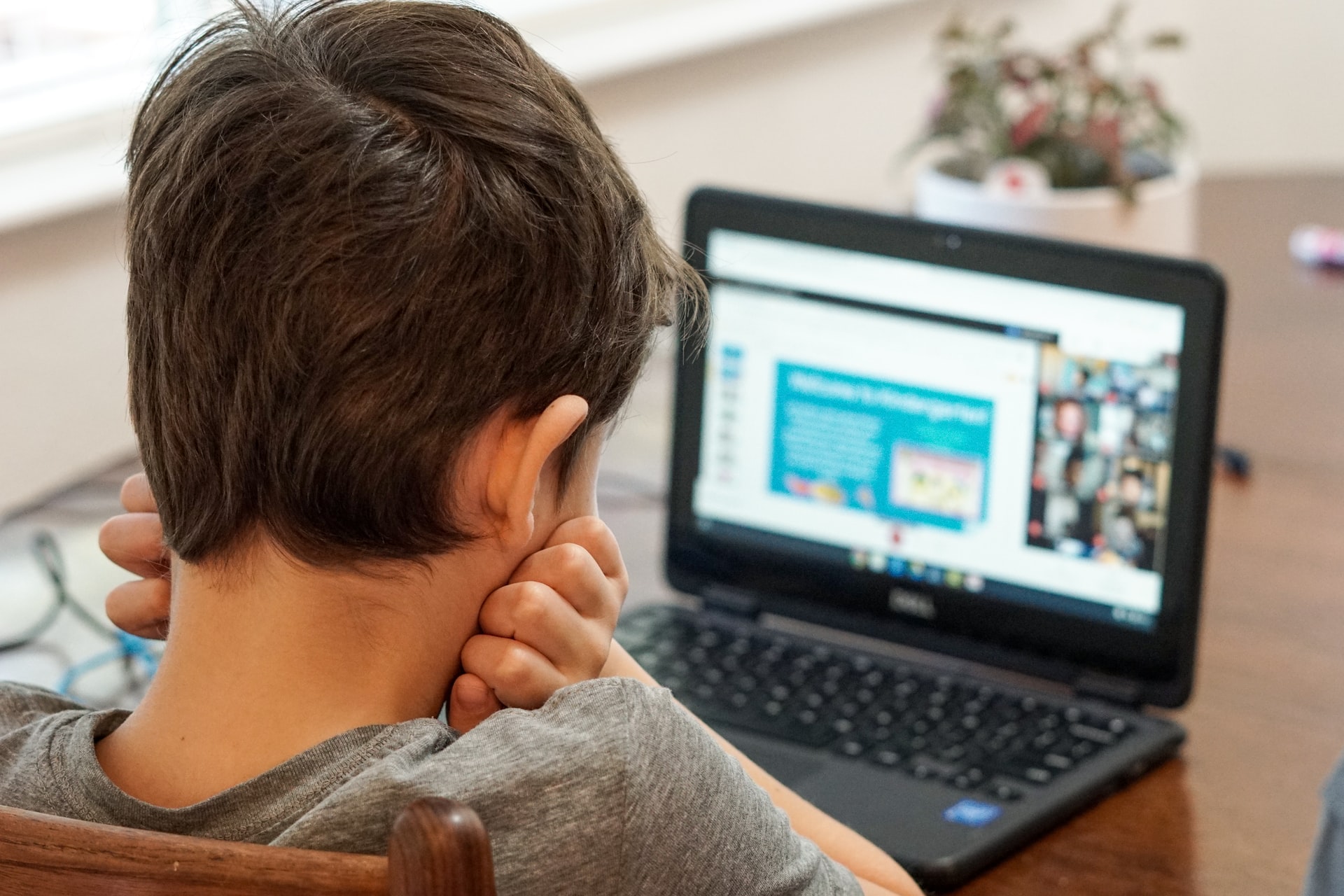Online learning is exactly what it sounds like: teachers lead their classes virtually, while students study from home. Face to face learning is the traditional way of studying by going to a brick and mortar school every day. Which one is better? Read to learn the costs and benefits of online vs face to face learning.
Advantages of online learning:
1. Location
You can be anywhere in the world and continue to study in the same setting, following the same curriculum as back home. Expats moving around the world for work can rest assured their children are taught the same curriculum as back home, which will make it easier to reincorporate when relocation happens.
2. Personalised teaching/learning
Students work at different paces. If they find one subject easier than others, online studying allows differential teaching studying. This means the same student can study a subject with one group and another subject with a group more appropriate to their level.
3. Affordability
Most of the time, online studying is cheaper than face-to-face classes. In addition to tuition, costs such as transportation, uniform, food and accommodation can really add up. Online studying can be very cost effective.
4. Outreach
Especially since the worldwide pandemic in 2020, many famous educational institutions have opened their virtual doors to students around the world. That means that students do not depend on visas and legal processes to earn a diploma in a prestigious institution miles away from home.
Advantages of face-to-face learning:
1. Effective communication
Being physically in a class environment allows students to engage in conversation more naturally than in a virtual environment. Teachers find it easier to engage students via peer-work, group work and one-to-one activities.
2. Relationships
Although current technology provides tools for a variety of teaching styles, in a school environment students experience real life situations when they need to form friendships, evolve as part of a community and develop their social skills.
3. Time management
At school you can easily follow the timetable; you know when you start and finish and what you do after. Whether you are an organised person or not, you can still achieve quite a lot by following the day’s plan. Online you need to have great time management skills otherwise you may fall behind.
4. Extracurriculars
Physical education, art and laboratory experiments can all be done in a regular school setting. This is typically not possible while studying online. That means that a student whose strengths tend towards these subjects can only benefit from face-to-face learning.
Conclusion
Both types of learning can be great options and achieve an exemplary educational outcome. Technology has become an impressive tool in any classroom, especially since the Covid pandemic. Hybrid learning (some online, some face-to-face) has become increasingly popular. Solid teaching/learning platforms have made this type of learning popular, accessible and effective.

